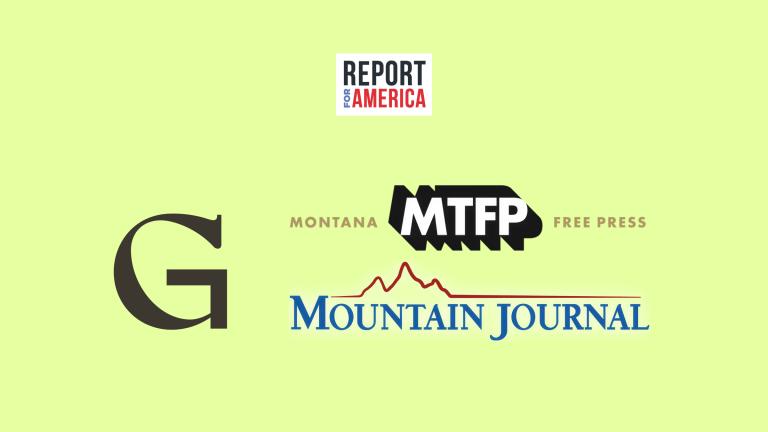For the first time, Grist will launch a community reporting fellowship to train people on journalism principles and news reporting skills so they can help meet their communities’ information needs.
The first cohort of four Georgia residents will focus on creating journalism that informs people about the Georgia Public Service Commission, the small but powerful elected board that makes critical decisions about energy and electricity — and has been mired in a lawsuit over voting rights. This fellowship is part of a larger project by Grist and Atlanta’s NPR affiliate WABE to demystify energy policy and affordability issues in the state.
Senior manager of community engagement Lyndsey Gilpin will spearhead the launch of the program, and Grist reporters, editors, and other staff will lead workshops for fellows on journalism ethics, writing, multimedia, fact-checking, and more. The outreach and assignments will be informed by the community listening sessions Grist hosted in Georgia last month, in partnership with local organizations and residents.
This is a pilot program that Grist hopes can be replicated in other states and about other topics. It is part of the publication’s growing commitment to community engagement work to ensure its journalism reaches rural, low-wealth communities and communities of color, which disproportionately face environmental injustices and barriers to accessing consistent, accurate information.
“I’ve learned from many community-centered newsrooms how important it is to equip people with the tools to do journalism themselves,” Gilpin said. “I’m excited to weave this ethos into Grist’s already impactful work and create a pipeline for reporting in communities so we can help reduce barriers to entering the media industry, fight misinformation, and ensure people feel confident when sharing information about climate and environmental issues.”
Georgia residents interested in the program can apply here by April 22. The fellowship will begin the first week of May. Fellows will be paid $2,000 each, which includes pay for their time in the program and a stipend for supplies and/or travel needed during the six weeks.
You must be:
- A Georgia resident
- At least 18 years of age
- Interested in doing journalism about energy and electricity issues
- Able to commit to 10 hours of work per week for six weeks, including workshops and meetings




